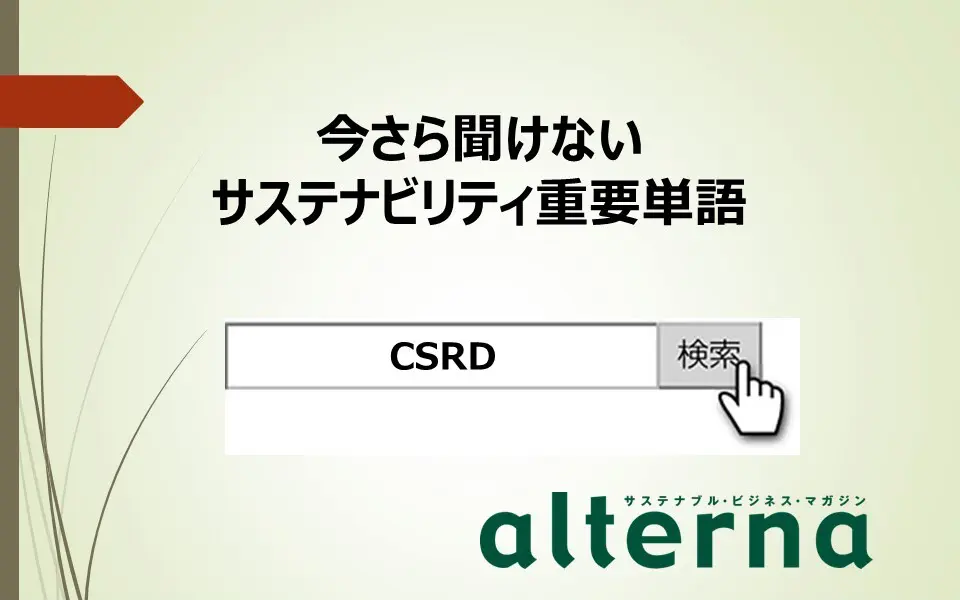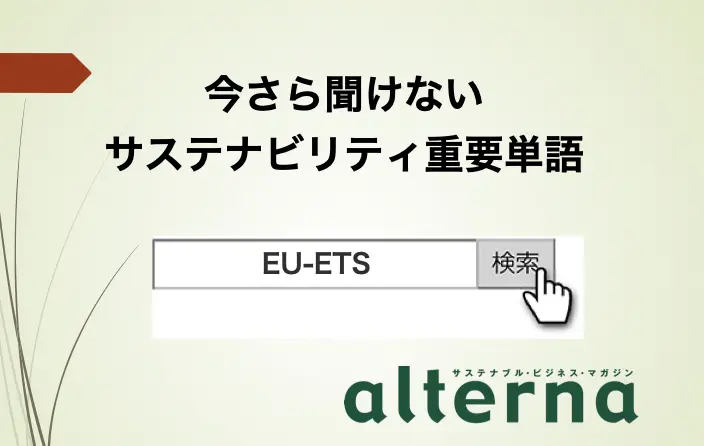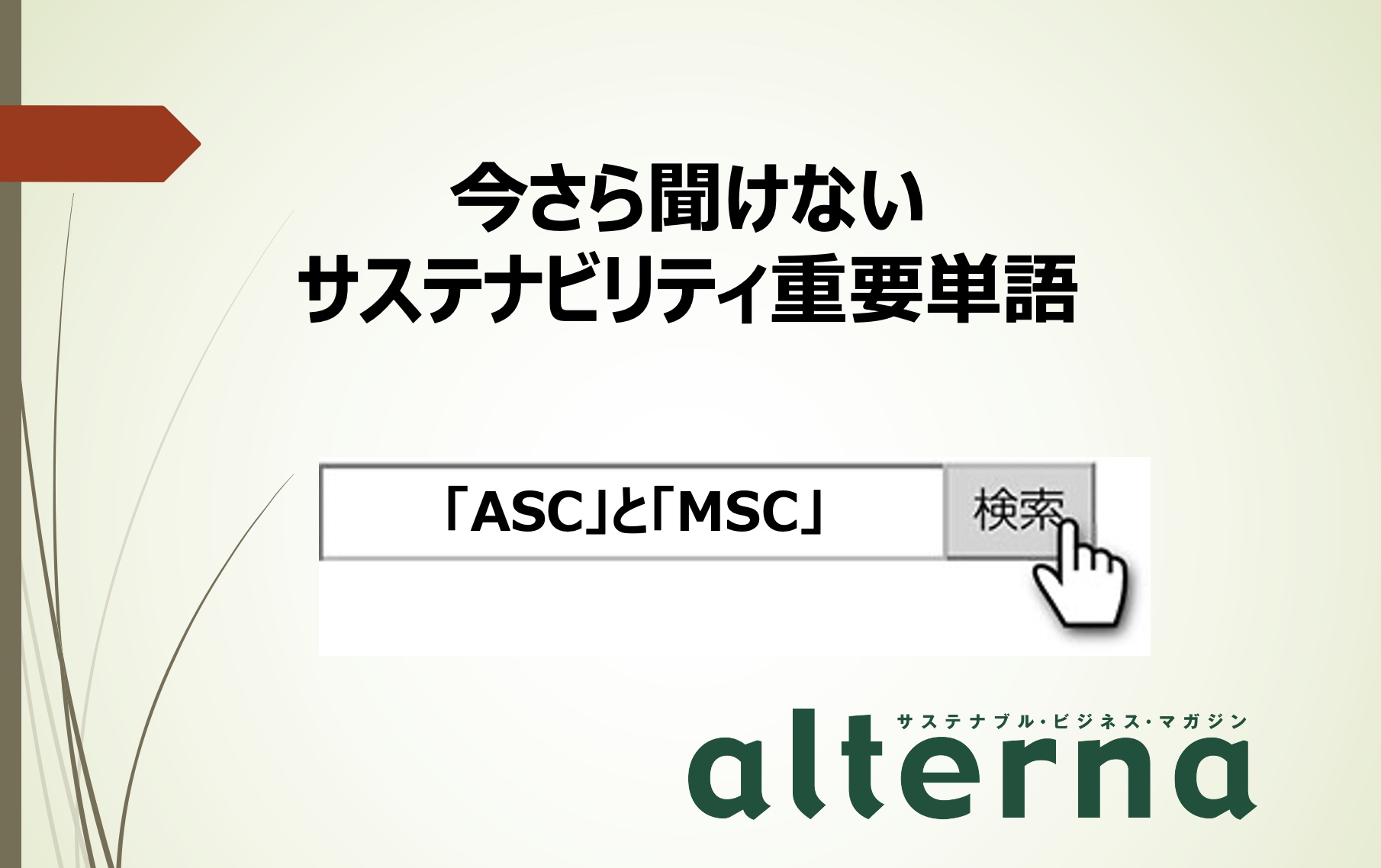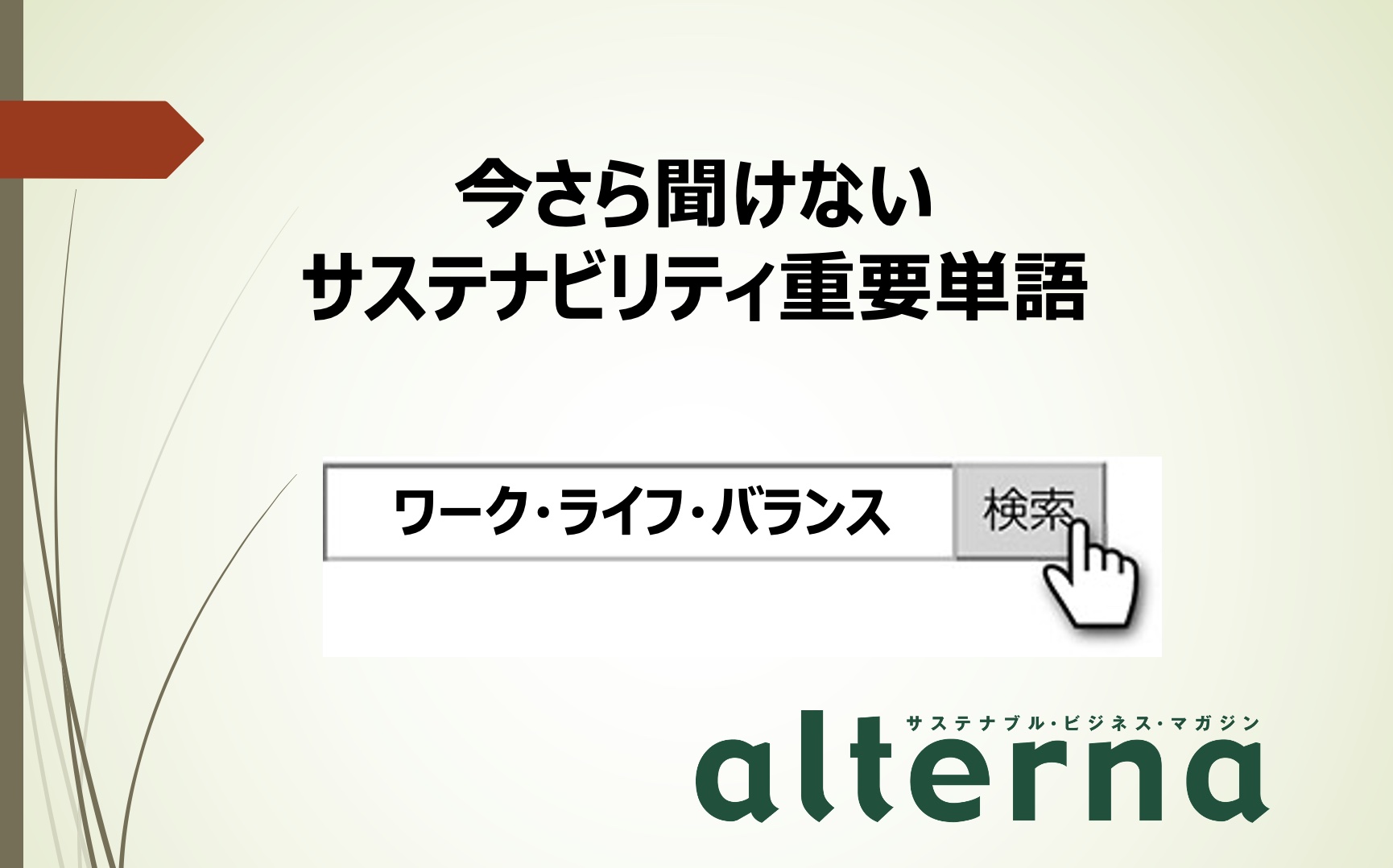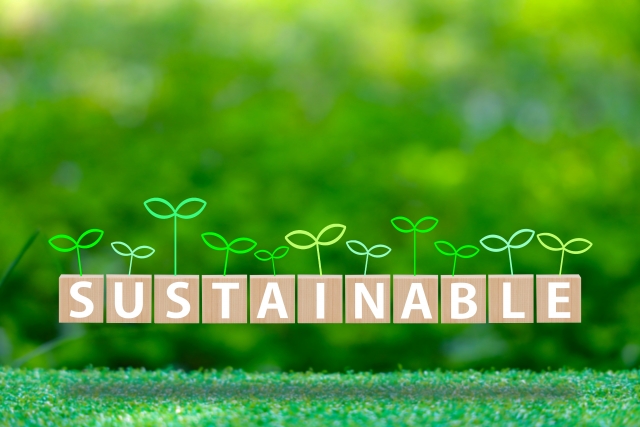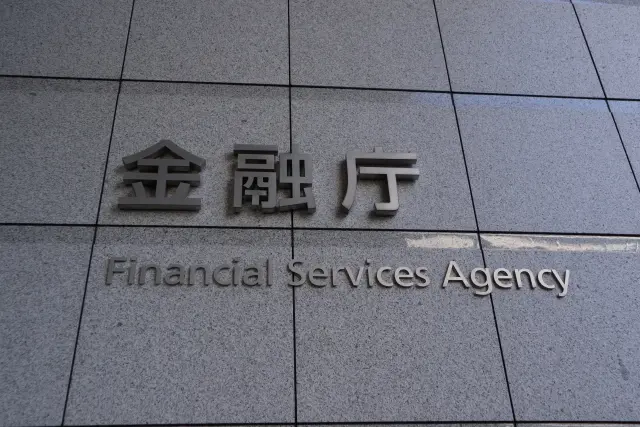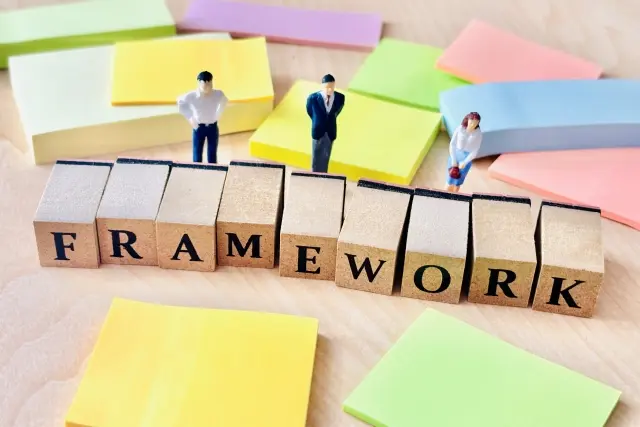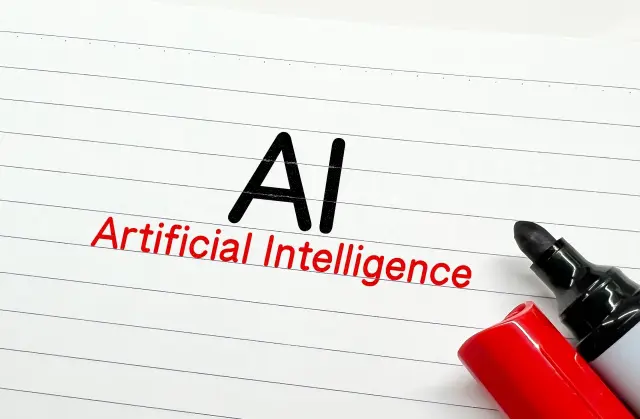■オルタナ式英単語:What kind of entity is a corporation to society?■
少しずつ、ひとつひとつ確かめながら日常に戻りつつありますが、皆さんいかがお過ごしでしょうか。
いよいよ今月からChapter2「社会の中での企業の役割」に入ります。Lesson 1 “What kind of entity is a corporation to society?”「企業は社会においてどんな存在か」を取り上げます。企業倫理にかかわる問いですが、企業倫理Business Ethicは国の内外をとわずビジネススクール(大学院)においても非常に重視される科目のひとつです。ステークホルダーが多様になり、事業活動が多くの目にさらされる今日、企業の存続のためにも「企業は社会においてどんな存在か」を問い続けることは不可欠であるといえるでしょう。
【語注】
beneficial 有益な
entity 実体、実在
represent 代表する
business ethics 企業倫理、商業倫理
cultivate 育てる、培う
mutual 相互の
pollution 公害
buying-up and holding-off 買占めと売り惜しみ
emerge 浮上する
backdrop 背景
charter 憲章、主意書
legal compliance 法令順守
disparity 格差
welfare 幸福、安寧
Konosuke Matsushita said, “a company is a public institution of society.” This means that a company is to provide beneficial value to society, and in return, it earns profits and trust, thus being allowed to exist in society.
【訳】
松下幸之助の言葉に「企業は社会の公器」という一節があります。これは、企業は社会に有益な価値を提供し、その見返りに利益と信頼を獲得し、社会的存在を許される、という意味です。a public institution of society 「社会の公器」。
a company is to~「主語」is to+不定詞で「することになっている」。「予定・運命」「義務・命令」「可能」「意図」 と習った人もいるでしょう。
in return お礼として、返礼として
Companies are social entities that have a significant impact on society and the various organizations and people that make up society. At the same time, there are organizations and individuals who have an influence or stake in the company (“stakeholders”). A company’s stakeholders include not only its shareholders, but also its employees, customers, business partners, and local communities. Stakeholders do not necessarily represent society, and their interests sometimes conflict with those of society.
【訳】
企業は社会と社会を構成する様々な組織や人に対して多大な影響をもたらす社会的存在です。一方、企業に対し影響を与え、また利害関係を持つ組織や個人(ステークホルダー)も存在します。企業にとっては株主のみならず、従業員、お客さま、取引先、地域社会など様々なステークホルダーが存在します。ステークホルダーは必ずしも社会を代表しているのではなく、時には社会の利益と相反することもあります。企業はステークホルダーとの関係性の中で、社会全体に与える利害を調整しながら活動しています。entity は辞書的には「実在・実体・本質」です。ちょっとわかりにくいですね。英語での定義としては、something that exists as a single and complete unitなどと説明されていますが、ポイントはcompleteという単語。つまり、誰かが所有するもの、あるいは何かに従属するものというニュアンスでなく、それ自体として自立的に成り立つもの、と考えればよいでしょう。
The basic role given to a company as a public institution of society is to continue to provide good products and services to our customers, make profits, and contribute to society while balancing the interests of our stakeholders.
【訳】
社会の公器として課せられた基本的な役割とは、よい商品・サービスをお客様に提供し続け、利益を出し、ステークホルダーの利害とのバランスをとりながら社会に役立つことです。古くから「三方よし」の商道徳
The term “corporate social responsibility” is a brief expression of the relationship between a company and society. The idea of social responsibility is not a new concept for Japanese companies. As seen in the Omi merchant’s family motto, “triple win for the seller, buyer, and society,” Japanese business ethics have long been based on the consideration for society.
【訳】
「企業の社会的責任」は企業と社会の関係性を端的に表す言葉です。日本企業にとって社会的責任という概念は新しい概念ではありません。近江商人の家訓「三方よし」(売り手よし、買い手よし、世間よし)にみられるように、古くから日本の商道徳の基盤にあるのは社会への配慮です。「三方よし」は訳すのが少々難しいですね。一般には three-way satisfaction とすることが多いようですが、triple win という表現を使うと、すっきりわかりやすいと思います。そのあとで内容の説明を足していきましょう。
Since its establishment in 1946, the Keizai Doyukai (Japan Association of Corporate Executives), an association of business leaders, has been aware that corporations are public institutions of society, and has developed an idea of the “social responsibility of managers” and the “establishment of mutual trust between society and corporations.” Thus, Japan has long cultivated a culture that focused on the social responsibility of managers.
【訳】
1946年の設立以来、経営者の団体である経済同友会は「企業は社会の公器である」という意識を持ち、「経営者の社会的責任の自覚と実践」および「社会と企業の相互信頼の確立」などの考え方を提起してきました。このようにして、日本には「経営者の社会的責任」を重視する風土が早くからありました。経済同友会は英語表記の場合そのまま the Keizai Doyukaiですが、Japan Association of Corporate Executivesと説明するほうがよいと思います。one of the most established economic organizations in Japan など付け加えれば、よりイメージが湧きやすいかもしれませんね。
In the 1950s and 1970s, the theory of social responsibility emerged in the wake of the pollution issue. In the 1970s, corporate social responsibility was also addressed, mainly due to consumer issues such as corporate buying-up and holding-off caused by the oil crisis, and since then social responsibility has been questioned every time corporate scandals occur.
【訳】
1950年代~70年代、公害問題の結果、社会的責任論が浮上しました。1970年代には石油危機による企業の買い占めや売り惜しみなどの消費者問題を中心とする企業の社会的責任が取り上げられ、その後も企業の不祥事が起きるたびに社会的責任が問われてきました。in the wake of は「~の結果として」ここでは、wakeは「後ろの位置、後流、出来事の結果、余波」の意味です。addressは動詞で「(問題に)取り組む」という意味になります。questionもここでは動詞で用いられています。
地球的規模の課題が企業を動かす
Against this backdrop, the Nippon Keidanren (Japan Business Federation) established the Charter of Corporate Behavior in 1991, encouraging its member companies to maintain high ethical standards, recognize their social responsibility beyond legal compliance, and contribute to solving various social issues.
【訳】
そのような流れの中で、日本経済団体連合会(経団連)が1991年に「企業行動憲章」を制定し、企業が高い倫理観を持ち、法令順守を超えた社会的責任を認識し、様々な社会課題の解決への貢献を会員企業に働きかけました。経団連の英語表記はJapan Business Federation です。代表的企業representative companiesや 主要な業種別全国団体nationwide industrial associationsなどから成る経済団体economic organizationというように説明するとよいのではないでしょうか。
against this backdropは「~を背景にして」。
In the 1990s, with the increasing globalization of corporations, their “negative” aspects became apparent, including global warming (climate change), human rights issues such as child and forced labor in developing countries, economic disparities, and fair-trade issues. Due to globalization, a variety of negative impacts have been spread on a global scale through supply chains especially in developing countries.
【訳】
1990年代には、企業のグローバル化が進むとともに「負」の問題が顕在化してきました。地球温暖化(気候変動)、途上国での児童労働や強制労働などの人権問題、経済格差や公正取引の問題などです。グローバル化によって、途上国を中心とするサプライチェーンを通じて、様々な負の影響が地球規模で及ぶようになってきました。global warming 地球温暖化、human rights issue 人権問題、child and forced labor児童労働と強制労働、economic disparities 経済格差、 fair-trade issues 公正取引の問題。いずれもSDGs、CSR、CSVを語る際に基本的な重要語句ですが、オルタナ愛読者の皆さんにはおなじみでしょう。
At the same time, citizen-driven activities such as NGOs and NPOs that aim to solve global problems and community welfare, education, and environmental issues have become increasingly active around the world.
【訳】
これと並行し地球規模の課題やコミュニティが抱える福祉、教育や環境などの課題解決をめざすNGOやNPOなどの市民主体の活動が世界的に活発化してきました。citizen-driven activities の-drivenは「~を起点にした」。もともとの「~に駆り立てられる」という意味からきています。カスタマー・ドリブン、データ・ドリブンなどビジネスではカタカナ表記で用いられることが多いようですが、「-駆動の」と訳すこともあります。
Companies need to recognize these organizations as new stakeholders. These trends have broadened the scope of corporate responsibility for society, and the concept of “corporate social responsibility” (CSR) has been gaining ground worldwide since the late 1990s.
【訳】
企業にとってはこれらの組織を新たなステークホルダーとして認識する必要があります。このような流れにより、企業が社会に対して果たすべき責任の範囲が広がり、1990年代後半以降「企業の社会的責任」という概念が世界的に広がっていったのです。broaden a scope of ~「~の範囲を広げる」。gaining ground「確実な立場を築く、勢いを得る。優勢になる」「意見や主張が広く受け入れられる」。
今月はビジネスの場で役立つ語句・表現が多く出てきました。「三方よし」は日本のCSR思想を海外に説明するうえでポイントとなる概念のひとつですから、どのように説明したら相手に通じるか、ぜひ考えてみてください。
今月はここまでです。また次回お目にかかりましょう。



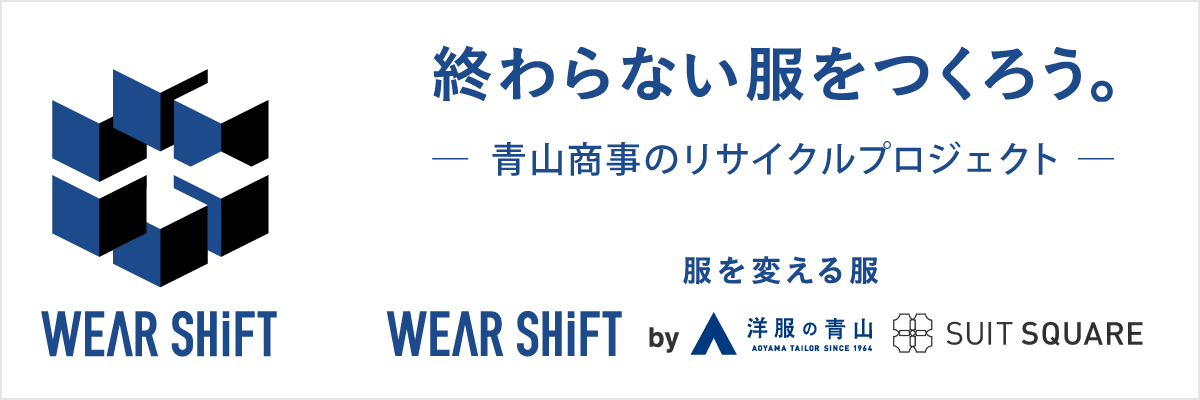



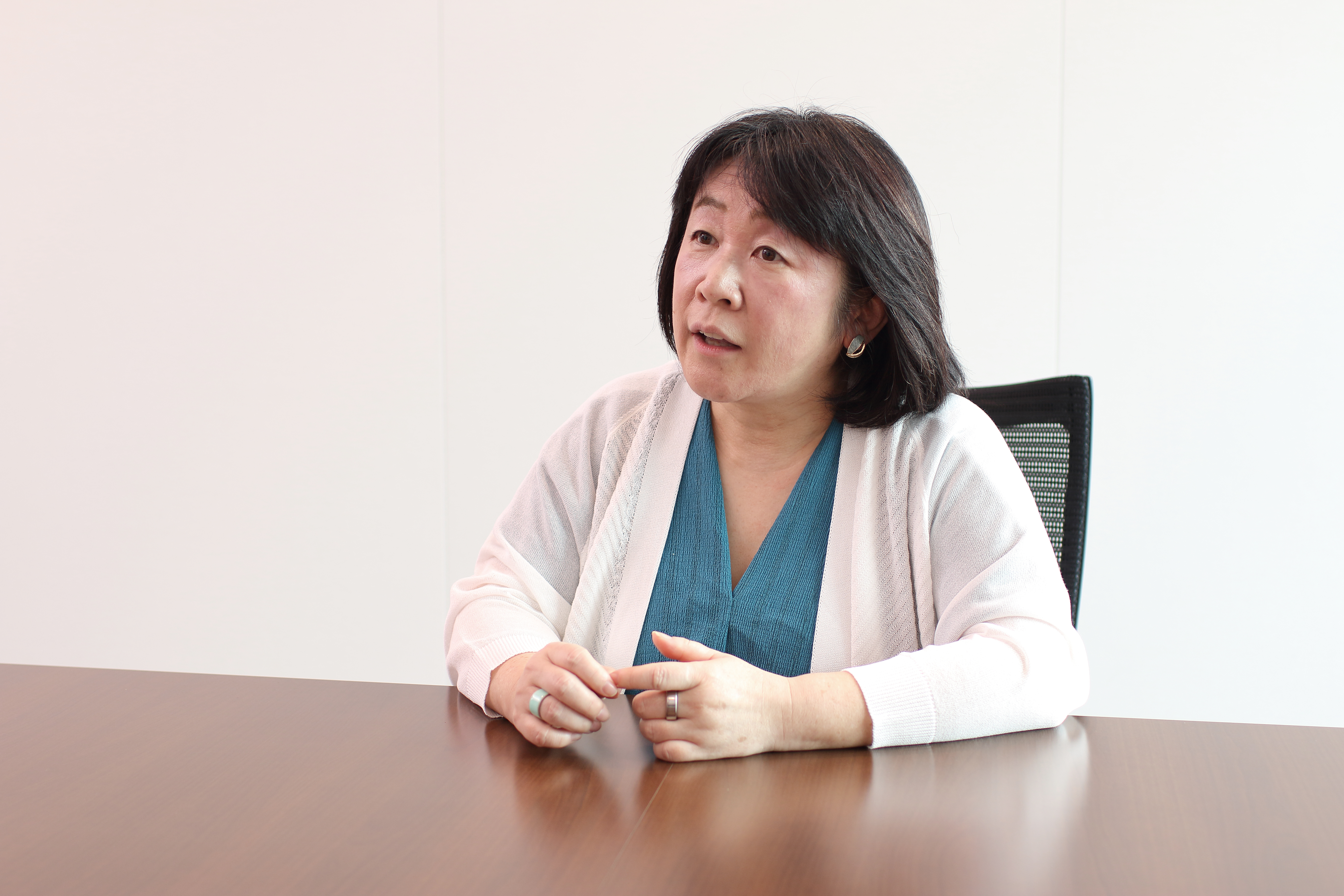
-1-scaled.jpg)
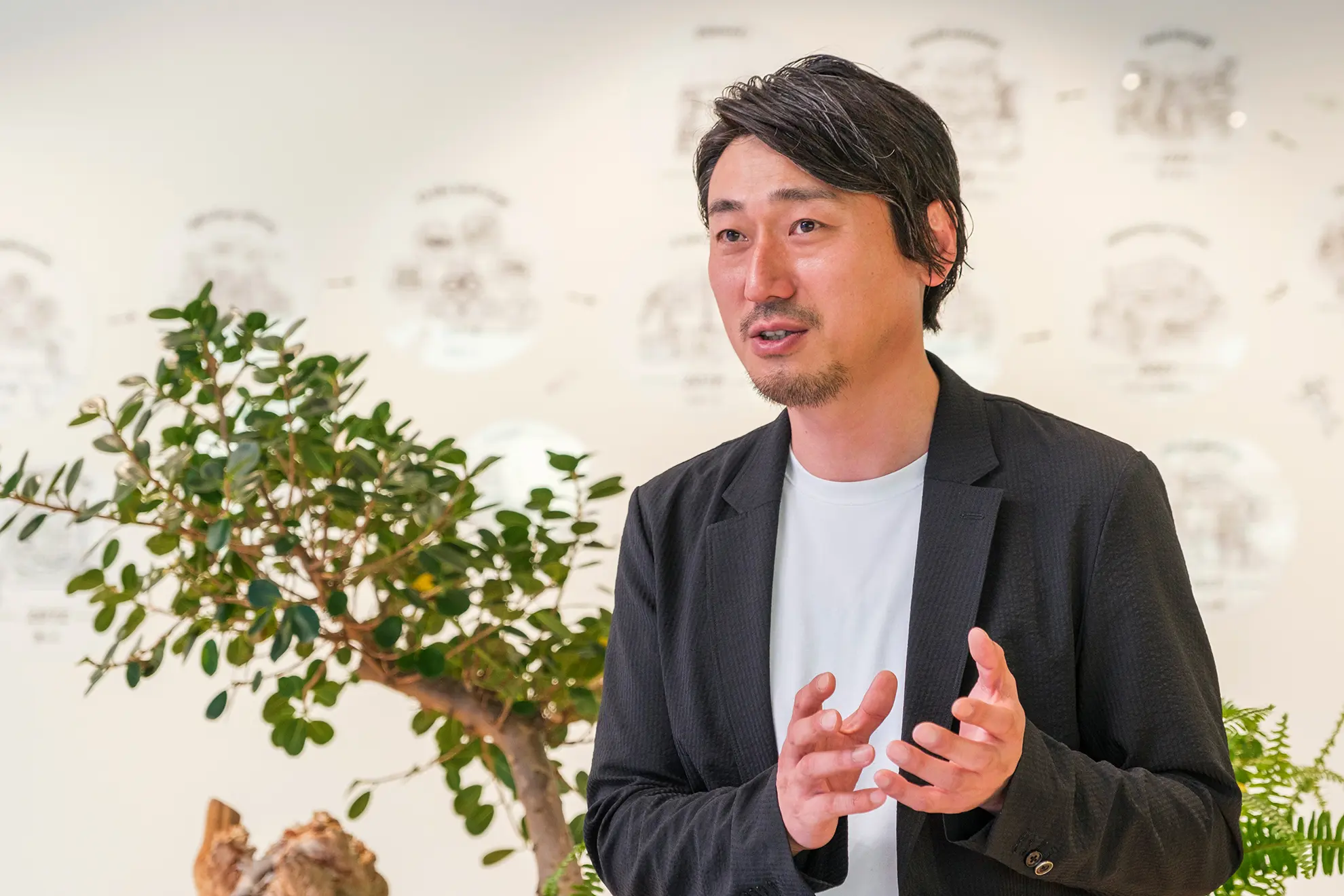
-scaled.jpg)







